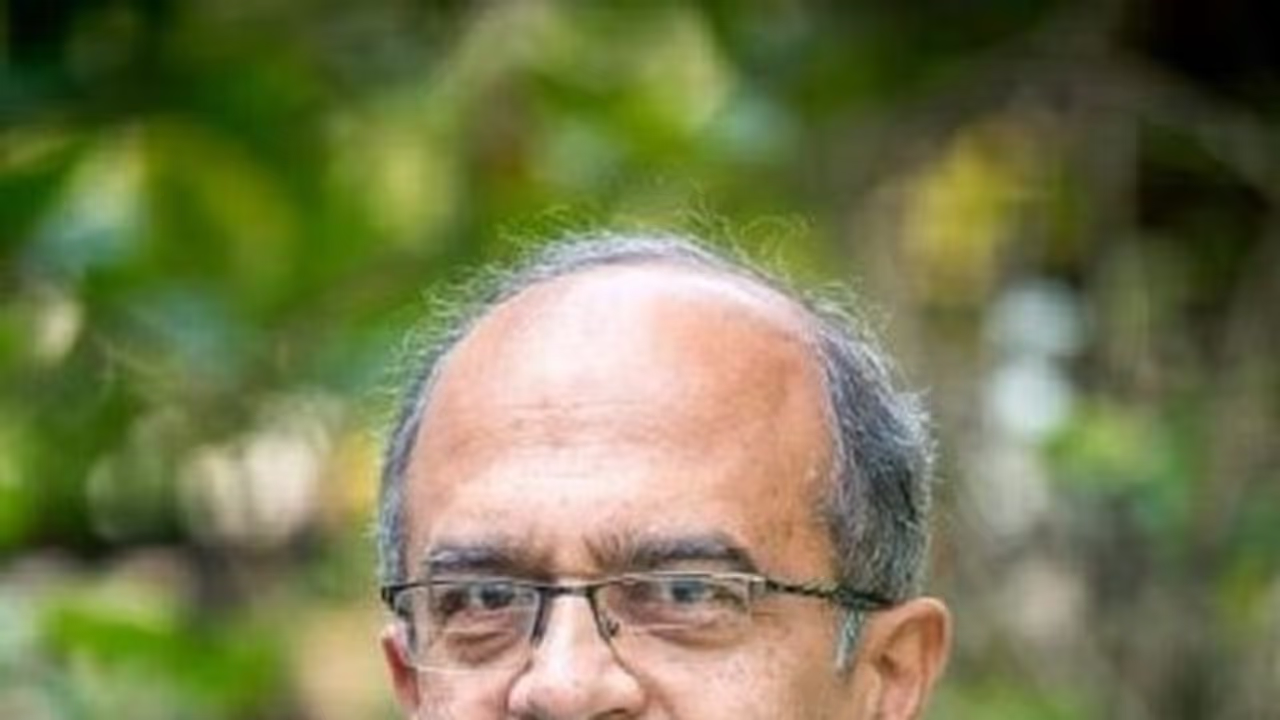BV Acharya, senior advocate and former advocate general, Karnataka writes why Prashant Bhushan deserves to be punished for his contempt of court
By judgment dated: 14.08.2020 pronounced by a Bench of 3 Judges of the Supreme Court, Sri Prashanth Bhushan an advocate practicing before the Supreme Court and having a standing over 30 years (hereinafter referred to as Contemnor) was found guilty of having committed criminal contempt of court and the case is adjourned to hear regarding sentence.
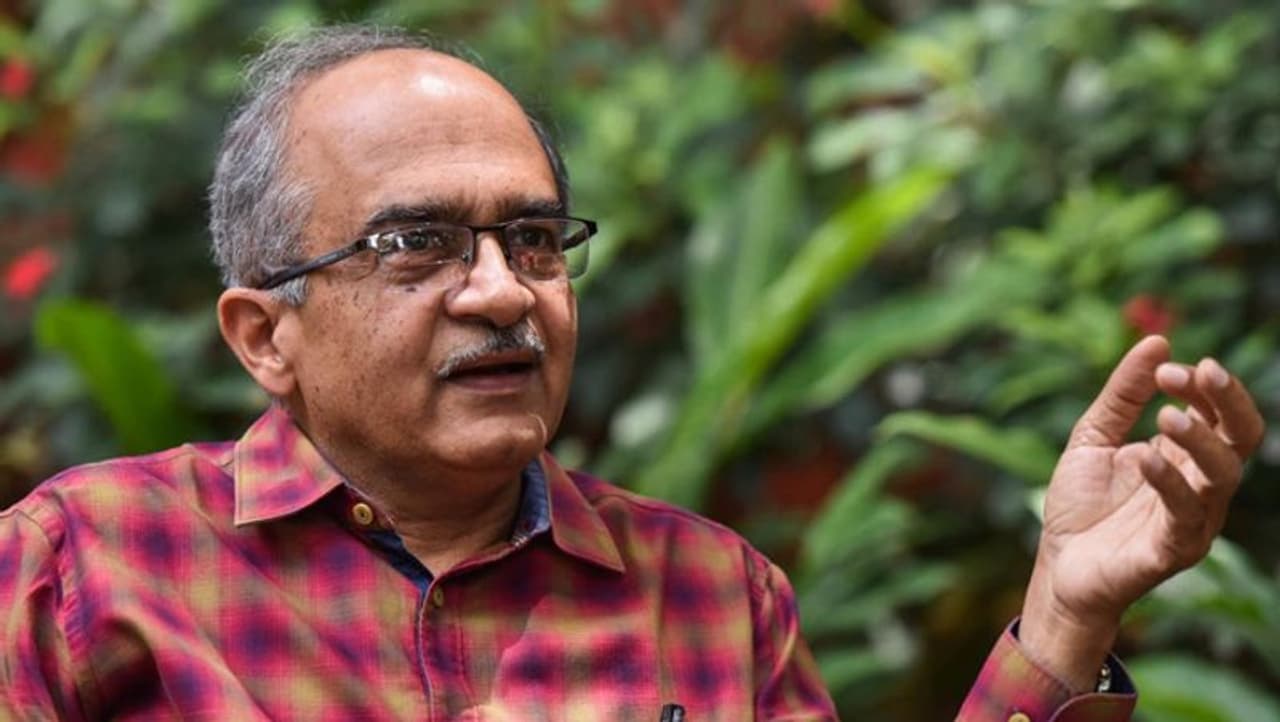
This judgment has evoked strong protest by a group of advocates and also a section of the press. Some articles and write-ups are published finding fault with the judgment on the ground that the same infringes fundamental fight of freedom of speech and expression. Certain procedural irregularities, such as want of consent of the Attorney General, are also pointed out to contend that the decision is vitiated. It appears that an attempt is made to create and influence public opinion in favour of the contemnor, not only in the country but also abroad. It is shocking to find that the Bar Human Rights Committee of England and Wales has thought it fit to plead for contemnor and has demanded repeal of the statutory provision regarding criminal contempt.
This is a clear case of interference in the internal affairs of the country and in particular the sovereign power of the Indian Parliament which is competent enough to take decisions without any external influence. A group of advocates are trying to enlist support from lawyers and carrying on a signature campaign as if the matter is to be decided on the basis of opinion of the majority and not on the merits of the matter. These developments are both disturbing and unfortunate.
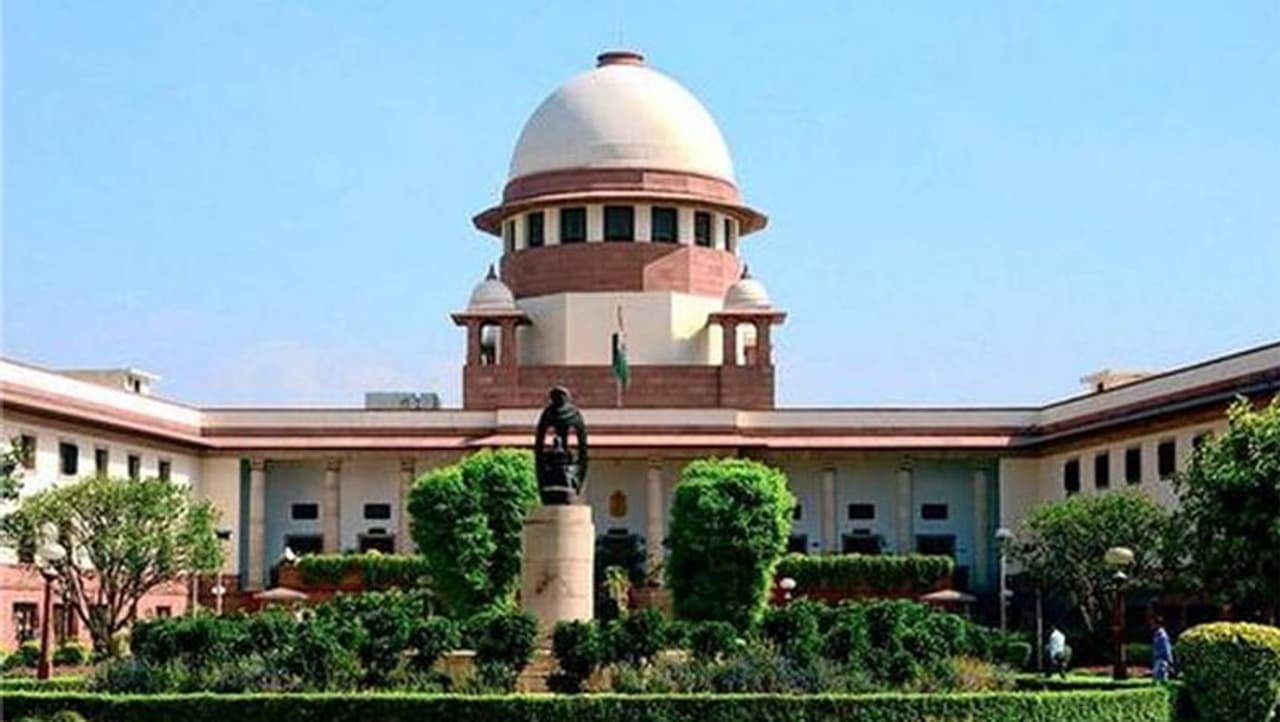
The basis for action for contempt are two tweets admittedly posted by the contemnor. The first one reads as follows:
“CJI rides a Rs 50 lakh motorcycle belonging to a BJP leader at Rajbhavan, Nagpur without a mask or helmet at a time when he keeps the SC in lockdown mode denying citizens their fundamental right to access justice.”
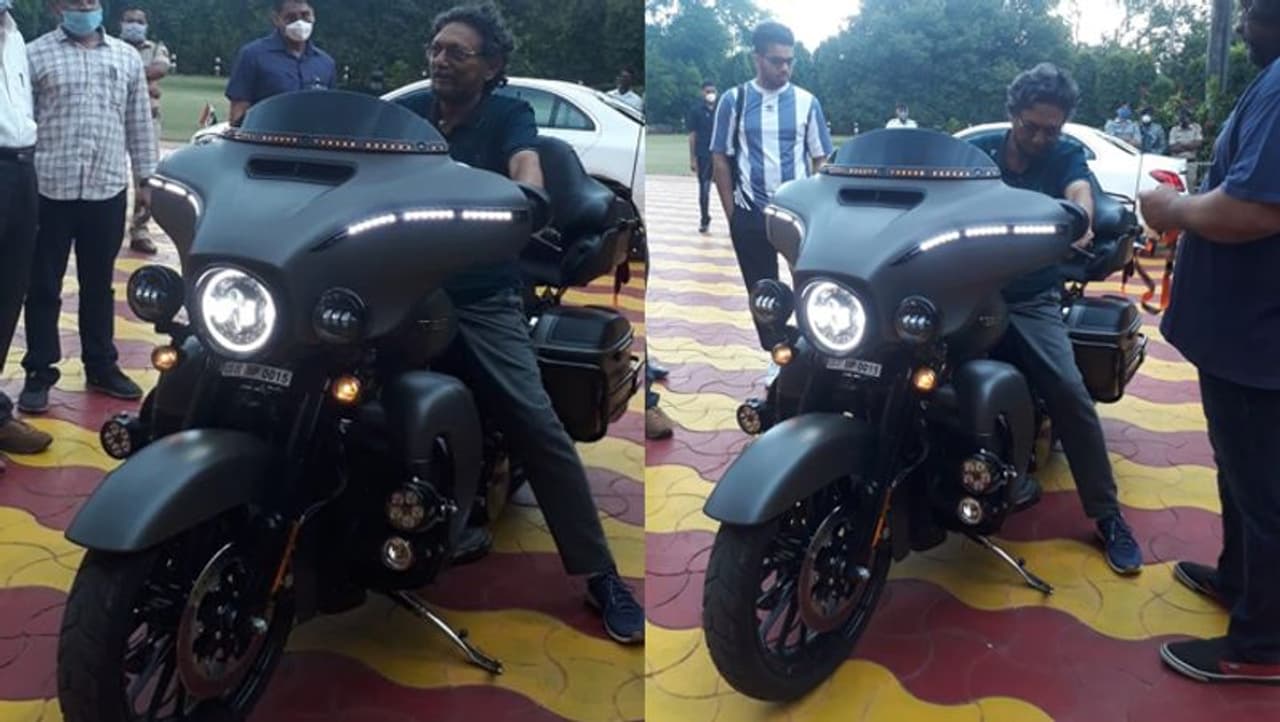
The second tweet reads as follows:
“When historians in future look back at the last six years to see how democracy has been destroyed in India even without a formal emergency they will particularly mark the role of the Supreme Court in this destruction and more particularly the role of the last 4 CJIs.”
A preliminary objection is raised with regard to procedure. It seems a private party had filed the contempt petition alleging contempt with regard to the first tweet without the consent of the Attorney General. It appears on the administrative side an order was passed to list the matter before court. Accordingly, it was listed. The Bench on a consideration of the matter decided to take suo moto action for contempt and directed issue of notice not only in respect of the first tweet but also in respect of the second one which appears to have been published in the English daily that day.
The Supreme Court has rightly rejected the preliminary objection relying on several earlier decisions of the Supreme Court. There is no dispute that the Supreme Court has power to take action suo moto and that, in such an event, consent of the Attorney General is not required. It is only when a private party intends to move the court, such a consent is required. In the present case, no doubt, a private party has moved the court regarding first tweet without the consent of the Attorney General. The court is entitled to take suo-moto cognizance, when the information regarding contempt comes to its notice from any source. It could be even a petition filed before it. Therefore, there is no illegality in the court taking suo-moto action on the basis of information found in the petition filed before it. It is impossible to contend that cognizance taken is without jurisdiction. The assertion in an article that “once a petition is filed, it is only for the Attorney General to decide whether it amounts to criminal contempt or not” is clearly an erroneous statement of law.
The power to decide whether it amounts to criminal contempt or not is the exclusive jurisdiction of the Supreme Court. There is no law which has transferred this power to the Attorney General. The consent of the Attorney General is provided only to lend assurance that there is a prima facie case. The decision of the Attorney General is also not final and the same is subject to judicial review.
Even where permission is refused by the Attorney General, it is open to the party to approach the court with relevant information and the court is entitled to take suo-moto action. In the present case, even at the earliest stage, the court has made it clear that it has taken suo-moto cognizance and issued notice accordingly. The judgment of the Supreme Court has effectively answered this preliminary objection and rightly rejected the contention which is of a highly technical nature without any merit.
Even on merits, the judgment appears to be totally sound with cogent reasons for its conclusions. To decide whether the remarks amount to criminal contempt or not, one has to see the effect of such imputation in the mind of the public. In the first tweet the allegation that CJI was riding the motorcycle is admittedly not true (underlining supplied) and hence the question of wearing a helmet does not arise. Reference to the owner of the motorbike as a BJP leader and reference to the premises of Rajbhavan are also not without significance. Evidently, the contemnor intends to inject politics into the episode. More than all these, as pointed out in the judgment, the averment that the “CJI has kept the Supreme Court in a lockdown mode, denying citizens of their fundamental right to access justice” is patently false. The court has been functioning even during lockdown through videoconference and the contemnor himself has approached the court both as a litigant and a lawyer and has obtained relief. The tweet read as a whole is calculated to create an impression that the Chief Justice of India has closed down the Supreme Court disowning his responsibility and is enjoying ride in a costly motorcycle. Undoubtedly this remark (which is partly false), is scandalous and calculated to undermine the dignity and authority of the court.
So far as the second tweet is concerned, not much argument is required to show that it amounts to gross criminal contempt. The clear meaning of the imputation is that the Supreme Court in general and the four Chief Justices of India in particular, have been responsible for destroying democracy in this country during the last 6 years. This is a clear case of condemnation of the Supreme Court and four Chief Justices, as responsible for destruction of democracy. What will be the impression created in the mind of the public? – That an institution which has to protect democracy has destroyed it. Undoubtedly it lowers the dignity and authority of the Supreme Court and four Chief Justices, in the estimation of the public in general. It is impossible to comprehend, that these assertions have been made bonafide in public interest.
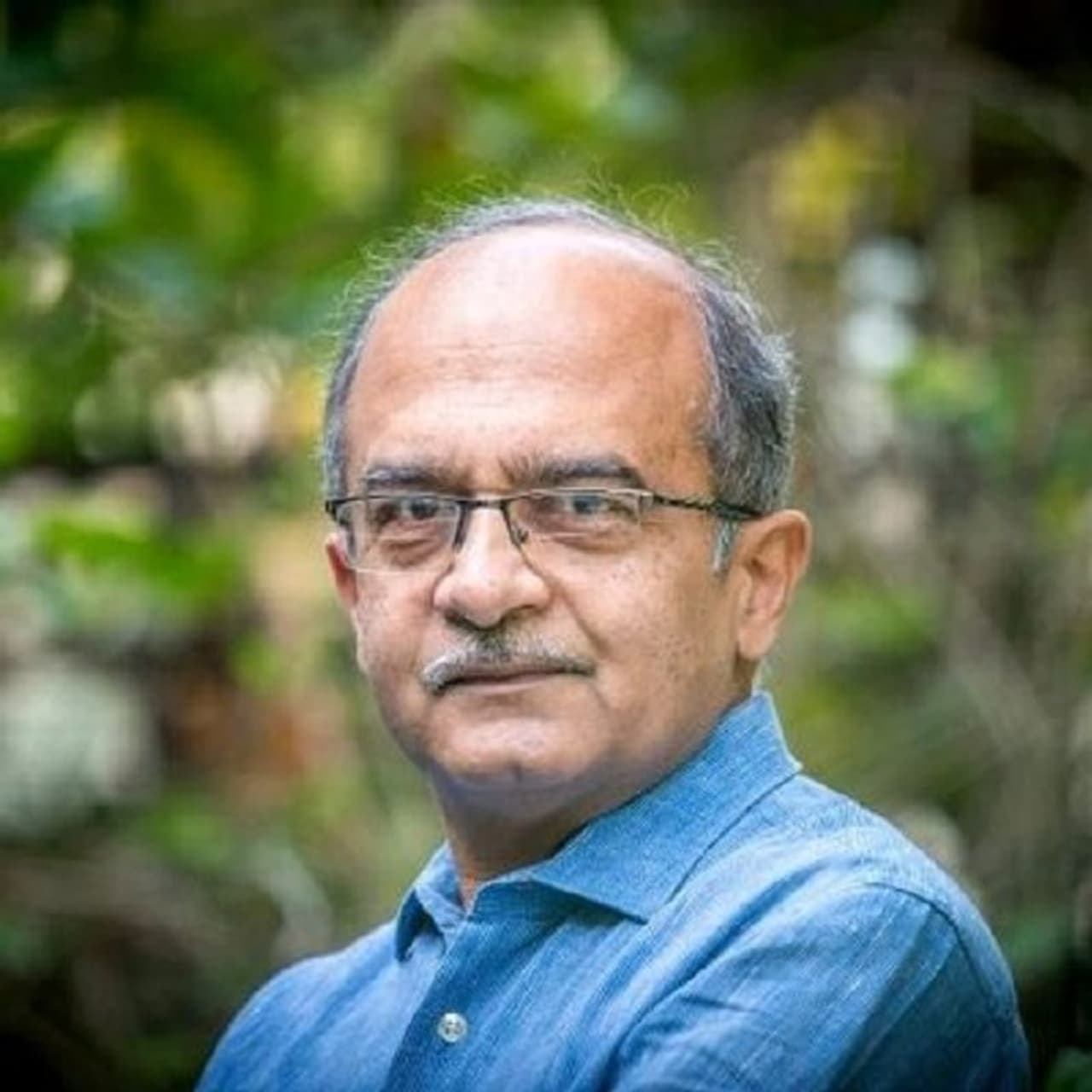
The circumstances clearly indicate that remarks have been made in the two tweets with malicious intention to malign the Supreme Court and its Judges. They are portrayed as people who have destroyed democracy in the country. These remarks are scandalous, tending to bring the court into disrespect and disrepute. Such remarks shake the confidence of the people in the judiciary in general and the Supreme Court in particular. Therefore the finding that the contemnor is guilty of criminal contempt is unexceptionable.
In the circumstances, raising a hue and cry and claiming that the judgment has dealt a deathblow to the fundamental right of freedom of speech and expression is totally unjustified. The demand for repeal of the law relating to criminal contempt is certainly not advisable. It is also dangerous, in as much as, in such an event, vested interests will be free to scandalize the judges and lower the dignity and authority of the courts with impunity.
